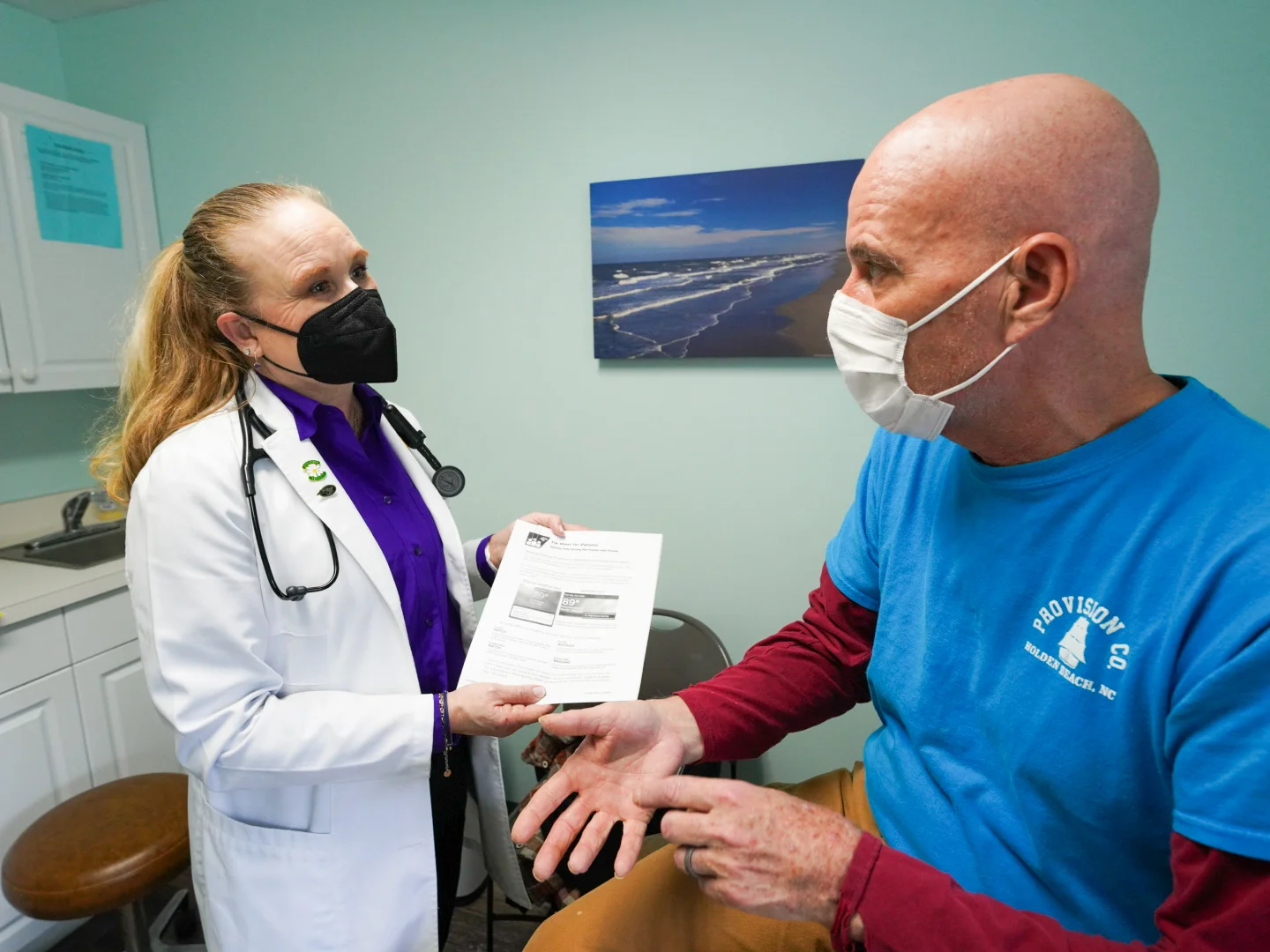Feedback from clinics currently using the toolkit has been positive, with many finding the resources helpful for both administrators and patients.

Harvard University’s Chan School of Public Health, in collaboration with Americares and Chan’s Center for Climate, Health, and the Global Environment, has created a Climate Resiliency Toolkit designed to assist emergency rooms and clinics in managing medical care during climate-related emergencies.
Recognizing that climate crises now affect everyone on the planet, this toolkit offers specific resources and guidance for administrators, physicians, and patients in frontline medical facilities to proactively address climate-induced medical emergencies.
Currently undergoing a pilot program in 19 clinics along both U.S. coasts, which are particularly susceptible to wildfires, hurricanes, and floods, researchers will seek in-depth feedback on the toolkit’s effectiveness this fall.
Given the exceptionally hot summer, researchers have released the toolkit’s heat resources in both Spanish and English. Simultaneously, they are piloting a heat alert system to notify clinics two days in advance of extreme heat conditions affecting vulnerable populations.
Dr. Aaron Bernstein, former director of C-CHANGE, underscores the importance of equipping healthcare providers with the knowledge to address climate-related challenges, stating, “You can pick any person alive today and find a way that climate change matters to their health.”
Dr. Caleb Dresser, director of healthcare solutions at C-CHANGE, highlights the toolkit’s evidence-based approach, providing actionable information based on the best available epidemiology and emergency management literature.
The Climate Resiliency Toolkit aims to bridge the gap between awareness of climate change impacts and the ability to respond effectively through a series of digital fact sheets for healthcare providers, patients, and administrators. Dr. Dresser envisions a future where climate change’s significant impact on public health is acknowledged, and interventions are deployed to ensure safety.
The toolkit offers specific, actionable solutions to mitigate health risks associated with climate change. For example, in its patient-directed fact sheet on heat-related emergencies, it advises individuals to avoid sugary drinks, alcohol, and caffeine, monitor urine color, and outlines steps to take in cases of heat exhaustion and heatstroke.
Feedback from clinics currently using the toolkit has been positive, with many finding the resources helpful for both administrators and patients. Clinics like San Jose in Houston, serving an uninsured population, have found the toolkit invaluable in preparing for climate disasters.
Recognizing the global nature of climate change, the toolkit is preparing for international implementation, starting with the Philippines in partnership with Americares, thanks to funding from Johnson & Johnson.
In the long term, Dresser hopes the toolkit will encourage healthcare providers, policymakers, and the public to view climate change as an integral part of public health. This shift in perspective will be crucial in developing comprehensive strategies to protect vulnerable populations and reduce the health impacts of climate-related emergencies.